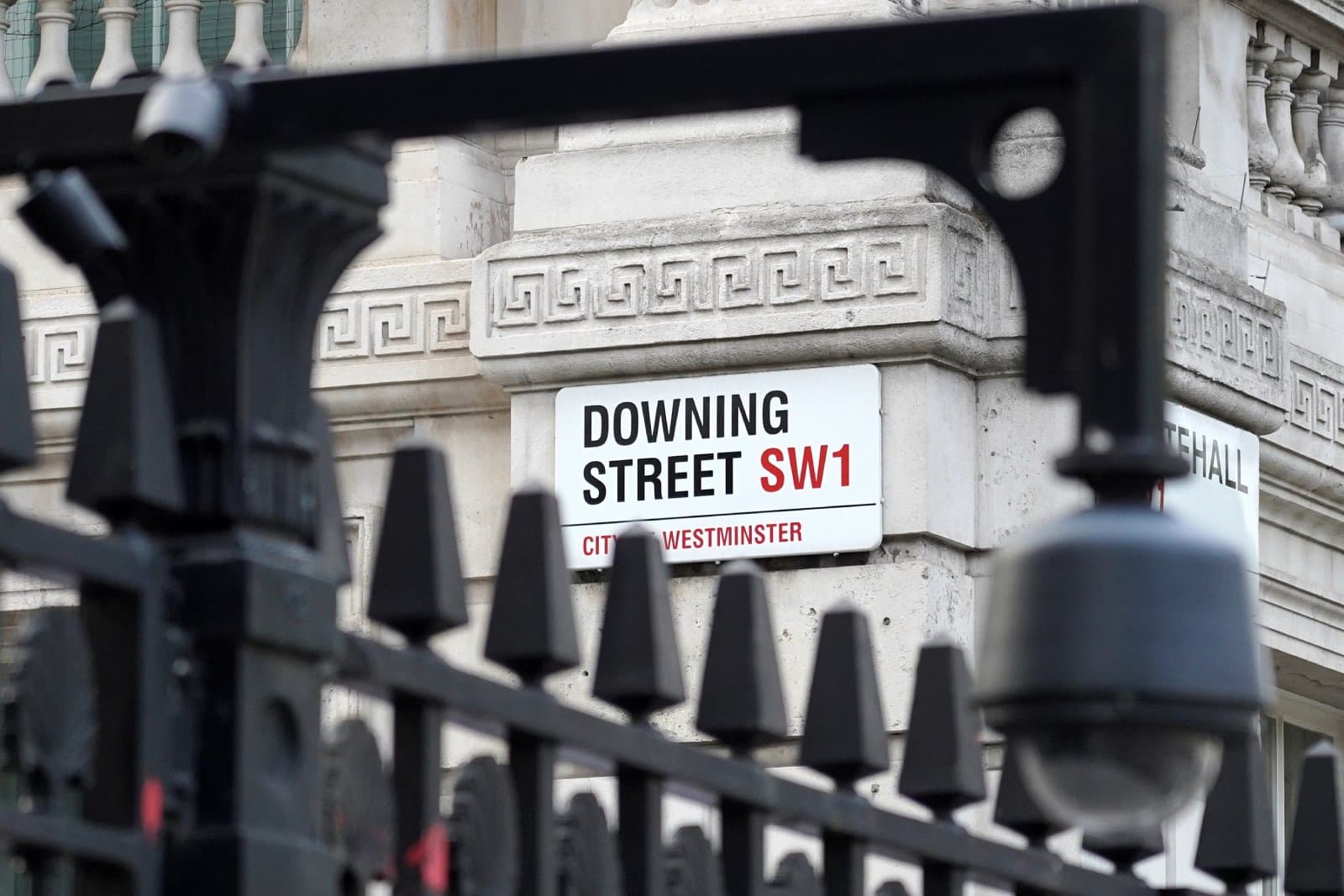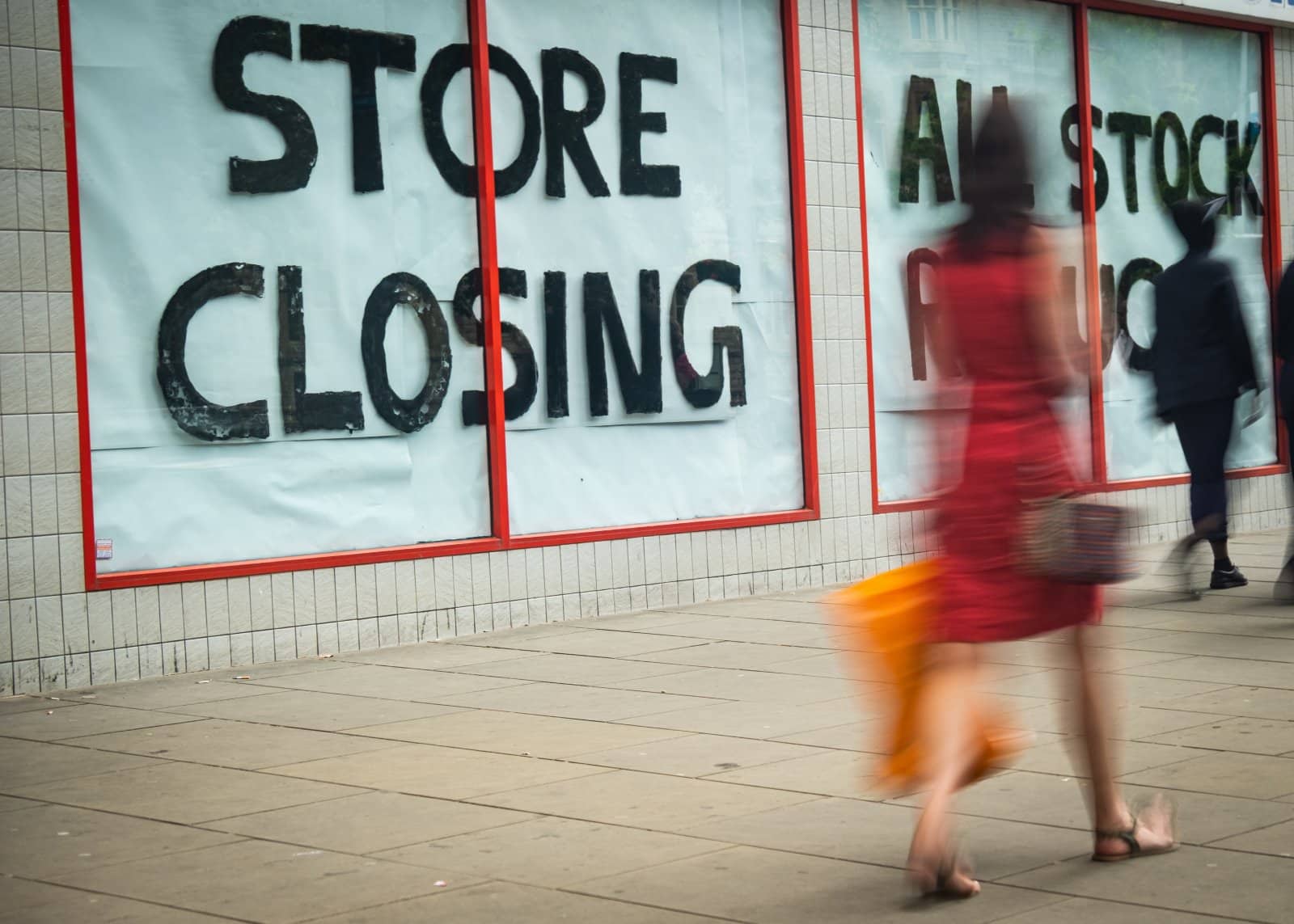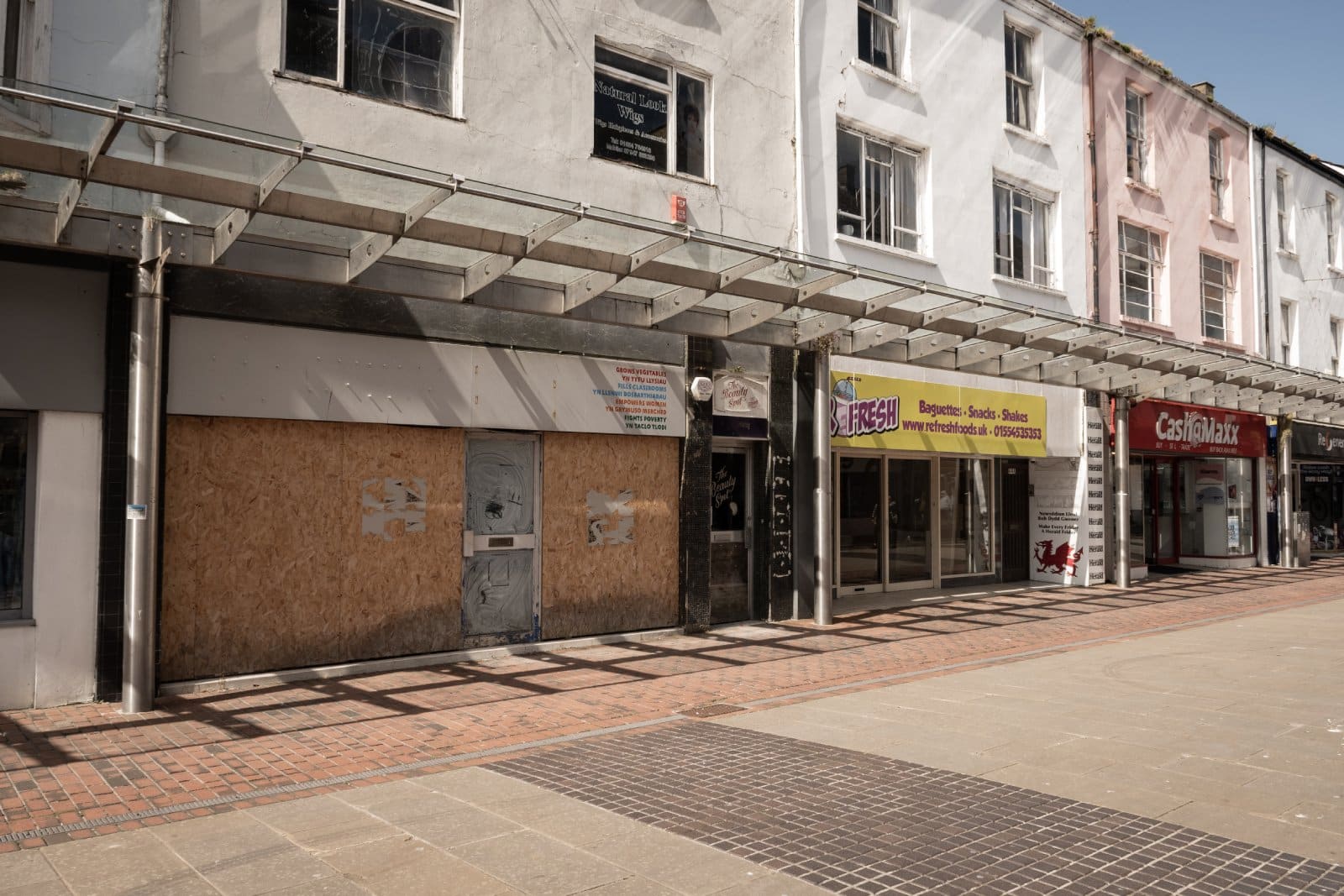The working class in the UK is increasingly voicing discontent, but why exactly is their patience running thin? What underlying issues drive this critical dialogue?
1. Stagnant Wages and Rising Living Costs

As the cost of living skyrockets, wages for working-class jobs have largely stagnated. This widening gap makes everyday life a financial challenge for many.
2. Housing Market Exclusion

Owning a home is a fading dream for the working class, with property prices far outstripping what most can afford, pushing the dream of homeownership out of reach.
3. Educational Disparities

There’s growing frustration over educational inequalities, where working-class children often find themselves at the bottom of the academic ladder, with limited access to resources that could change their trajectory.
4. Healthcare Access Strains

With the NHS under immense pressure, the waiting times for treatment have become untenably long, disproportionately affecting those without the means to seek private care.
5. Job Security Erosion

The shift towards zero-hour contracts and gig economy roles has eroded job security, making financial planning and stability a pipe dream for many.
6. Cultural Marginalisation

There’s a sense of cultural displacement felt by many, as rapid societal changes seem to sideline traditional working-class values and community identities.
7. Political Alienation

Many feel politically homeless, perceiving a disconnect between themselves and any of the major political parties, who seem more focused on other demographics and issues.
8. Media Misrepresentation

The media often depicts the working class in a negative light, which fuels a sense of injustice and misunderstanding about their true societal role and issues.
9. Social Mobility Stagnation

Social mobility appears to be a myth for many, with few visible success stories to inspire hope that hard work and perseverance will pay off.
10. Urban Decay and Neglect

Many working-class neighbourhoods suffer from neglect, with local services decaying and little sign of the regeneration touted by politicians.
11. Environmental Concerns

Environmental issues, like pollution and access to green spaces, are particularly acute in working-class areas, adding to everyday stresses.
12. Crime and Safety Worries

Increased crime rates in working-class areas leave residents feeling unsafe, exacerbating feelings of neglect and vulnerability.
13. Immigration Tensions

There is a perception that immigration has impacted job availability and social services, contributing to tensions and competition for resources.
14. Underfunded Public Services

Cuts to public services have deeply affected the working class, stripping away safety nets and essential community support structures.
15. Lack of Effective Representation

The feeling that politicians do not genuinely represent their interests leads to disillusionment with the democratic process.
16. Brexit Fallout

The unresolved issues post-Brexit have left many feeling uncertain and frustrated, with promised benefits seeming to be slow in materialising.
17. Pension Insecurity

Uncertainty about the future of pensions, especially state pensions, creates anxiety about the ability to support oneself in old age.
18. Mental Health Crisis

Mental health services are struggling to cope with demand, and for many in the working class, access to necessary support is inadequate.
19. Dependency on Food Banks

The increasing reliance on food banks is a stark indicator of how dire the economic situation has become for many.
20. Technology Gap

The digital divide leaves many working-class individuals at a disadvantage in a world increasingly driven by technology.
21. Loss of Community Spaces

The closure of pubs, community centres, and other local hubs erodes the social fabric, deepening feelings of isolation and disconnection.
Enough Is Enough: A Tale of Forgotten Voices

The story unfolding across the UK is not just about economic hardship but a profound sense of being left behind. As these voices grow louder, will they finally echo in the halls of power, or will they be drowned out by the noise of the status quo?
10 Worst Places to Live in the UK Today

Here’s a look at the 10 worst places to live in the UK, based on statistical analysis and local sentiment, to help you understand the challenges residents may face in these areas. 10 Worst Places to Live in the UK Today
“We Will Never Come to Help You” – Trump’s Hurtful Words Raise Concerns About EU Firepower

It was revealed in a conference in Brussels that former President Donald Trump said in 2020 that the US would “never help” Europe if it was attacked. Now, European nations are grouping to commit more firepower to combat Putin’s threat to democracy. “We Will Never Come to Help You” – Trump’s Hurtful Words Raise Concerns About EU Firepower
Brexit Fallout: 20 Ways the EU Is Falling Apart Without the UK

Since Brexit, the EU has been grappling with multiple crises and internal conflicts. Can the bloc hold itself together in these turbulent times? Brexit Fallout: 20 Ways the EU Is Falling Apart Without the UK
Featured Image Credit: Shutterstock / Loredana Sangiuliano.
For transparency, this content was partly developed with AI assistance and carefully curated by an experienced editor to be informative and ensure accuracy.

